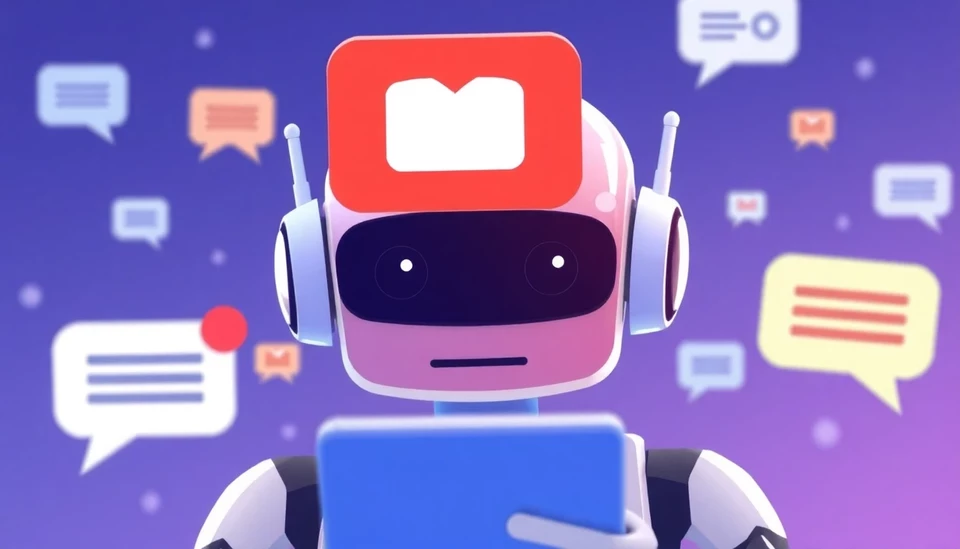
The landscape of online search is undergoing a significant transformation as early adopters are increasingly moving away from traditional search engines like Google in favor of AI-driven chatbots. This shift marks a pivotal moment in how information is accessed and processed in the digital age, with implications that could alter the very fabric of user engagement on the internet.
As traditional search engines have been the go-to resource for finding information, the emergence of sophisticated AI chatbots poses a new challenge to this dominance. Users are finding that chatbots can provide more conversational and contextual responses, elevating the experience beyond mere keyword-based results. This trend is gaining traction, particularly among tech-savvy individuals who are eager to explore cutting-edge technological advancements.
One of the primary reasons driving this migration is the interactive nature of AI chatbots. Unlike conventional search engines that present lists of links based on search terms, chatbots offer personalized responses and can engage users in a dialogue. This dynamic interaction allows users to ask follow-up questions, clarify their needs, and receive tailored information, creating a more fluid and rewarding search experience.
Furthermore, AI chatbots are improving in accuracy and user satisfaction. With advancements in natural language processing (NLP) and machine learning, these systems can grasp context better than ever, leading to higher-quality answers. Users report a growing sense of trust and reliance on chatbots, as they often find themselves receiving information that is not only relevant but also comprehensive and concise.
The implications extend beyond user experience; businesses are also taking note. As consumers embrace chatbot technology, companies are increasingly investing in AI systems to enhance customer service and information retrieval. The shift has the potential to reshape digital marketing strategies, as businesses adapt to a new environment where engaging users through conversational interfaces becomes essential.
However, as users flock to AI chatbots, concerns surrounding privacy and data security continue to rear their heads. The personal data these chatbots collect can be a double-edged sword. While more personalized experiences can be beneficial, they raise questions about user consent and the ethical use of data. Companies will need to address these concerns to maintain user trust and ensure compliance with existing regulations.
Experts believe that the trend of moving away from traditional search engines will continue to grow as more people become aware of the advantages of AI chatbots. This shift presents not only new opportunities but also significant challenges for tech giants like Google, who may need to rethink their approach to search technology if they hope to maintain their competitive edge in a changing digital landscape.
In summary, the rise of AI chatbots signifies a transformative period in online search, as early adopters relish in the benefits of interactive and tailored information retrieval. As technology continues to evolve, so too will the ways in which we connect with and utilize knowledge online.
#AIChatbots #GoogleSearch #DigitalTransformation #TechNews #MachineLearning #UserExperience
Author: Samuel Brooks




